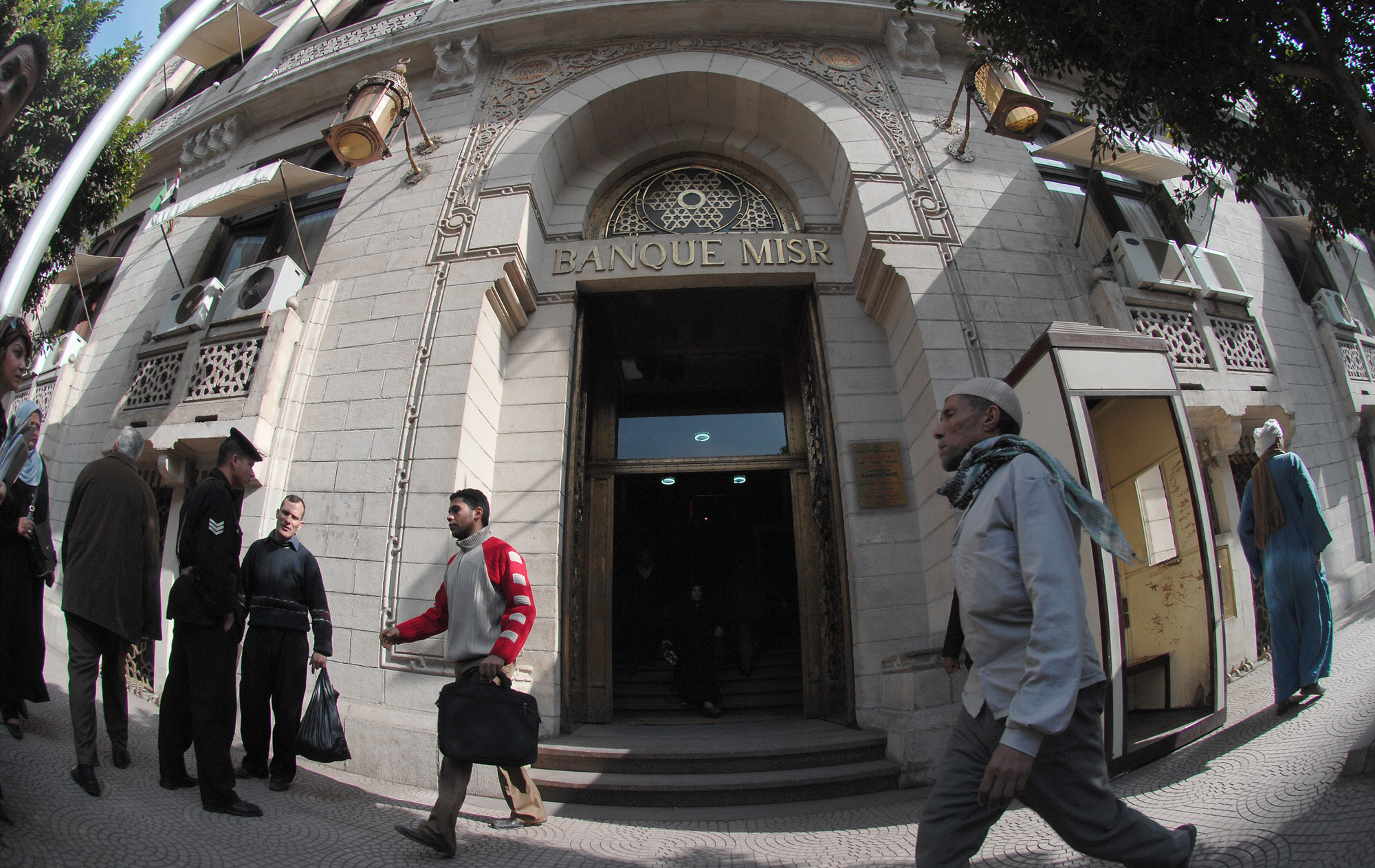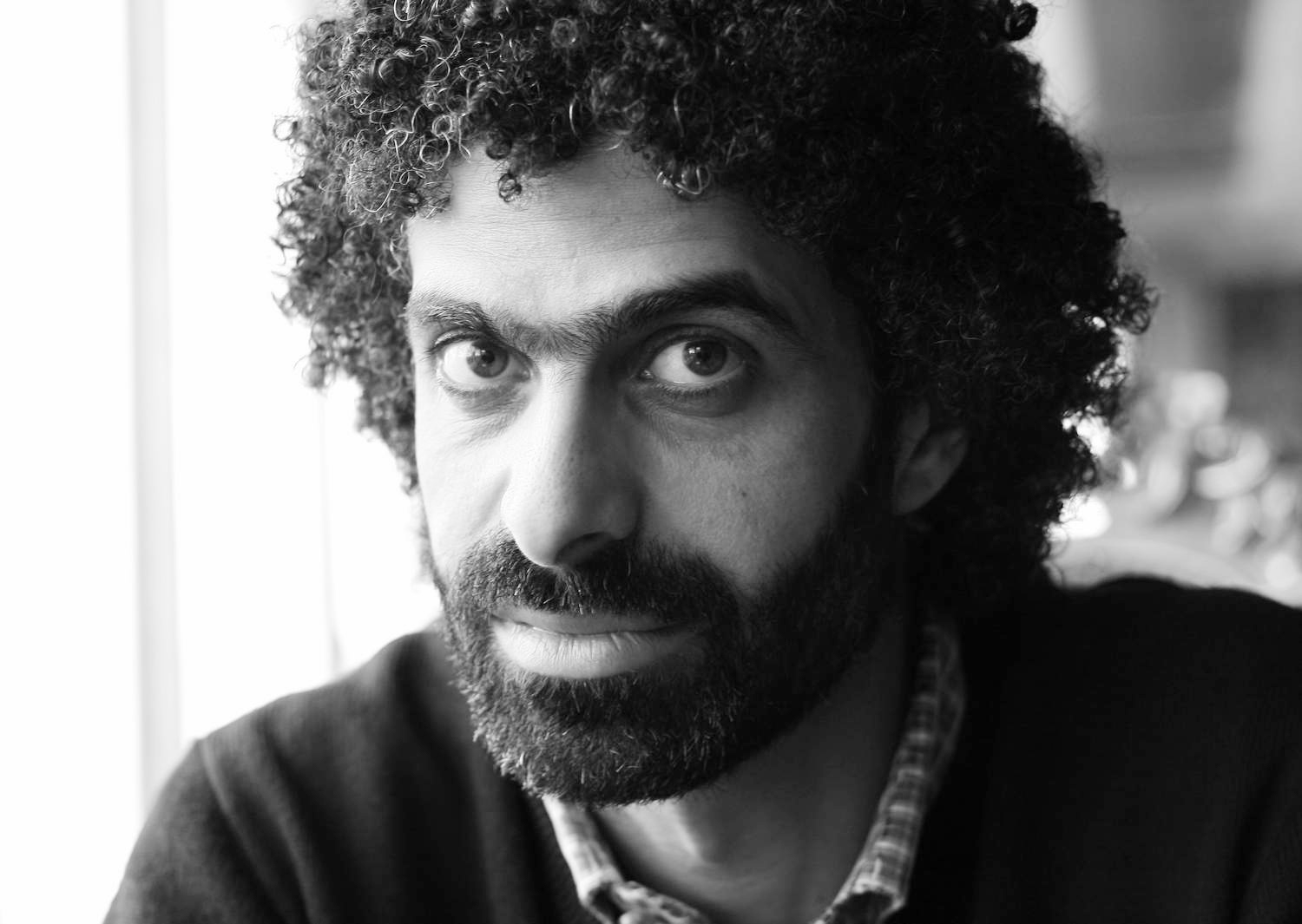
By Mohamed Abu El-Foutouh
The Egyptian auto market is csuffering from a new crisis, related to Central Bank of Egypt (CBE) governor Hisham Ramez’s decision to put a ceiling on the supply of dollars to the bank every day. The recent CBE decision means that a maximum of $10,000 daily and $50,000 monthly can be deposited in banks, a decision which was met with dismay from Egypt’s automotive sector.
Ramez also announced during the recent Economic Summit that the automotive sector is among the largest sectors demanding foreign currency, especially the dollar and euro. He said it is the key factor behind the frenzied rise in the dollar prices amongst black market “exchanges”, and he asked them to reduce the volume of imports to avoid the continued increase in dollar demand.
Most companies working in the automotive sector confirmed fears that if the situation continues – scarcity of the dollar and not allowing the companies to adjust their conditions and requirements of the currencies from other markets – will lead to a new and unprecedented disaster for the automotive sector.
Mustafa Hussein, Chairman of the Automotive Marketing Information Council (AMIC), confirmed that the government took this step to preserve the national currency. Hussein added that it is to stand up to the black market that manipulates the prices on a daily basis, a positive step in the case of the provision of currency in banks. What happened was unexpected, as banks have been unable to provide their clients with their foreign currency needs until now, which led to a semi-suspension of all companies. This included opening new letters of credit for importing cars from parent companies, causing a dependence on the reserve, with no new accounts opened since the beginning of this year.
Despite the state of retraction, Hussein pointed out that this will cost the country significantly, explaining that the government receives a revenue of almost EGP 15bn a year from the passenger car sector, between customs and taxes.
In a similar context, Hussein Mostafa, member of AMIC, said that there is a huge crisis in the horizon as a result of the dollar scarcity. This crisis is not only on imported already-assembled cars, but on the entire automotive sector, including production equipment and spare parts.
He demanded that the government face this crisis as soon as possible, so it does not aggravate and lead to a halt in factory production. It also has to put into consideration that foreign currencies from banks must be provided as well as providing the necessary credits for the industry which might be hampered in case the situation was not solved.
On a positive side, Kia–EIM sales manager Amgad El-Fiky said the government’s decisions are correct, and that it has already limited the activities of the parallel market. The price difference between banks and the parallel market reached 70 piastres on some days, which is too much and is completely unfair for the agent in specific.
El-Fiky demanded that all companies stand by the government’s decision, especially since major companies had already imported large numbers of cars in the fourth quarter of last year, exceeding the low demand in the markets. This means that the companies have enough cars for the next three to four months, giving the government an opportunity to improve the market, and the market can deal with low demand on imports in order to support the government again.



